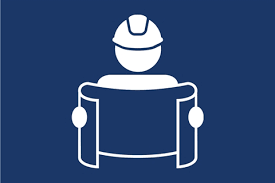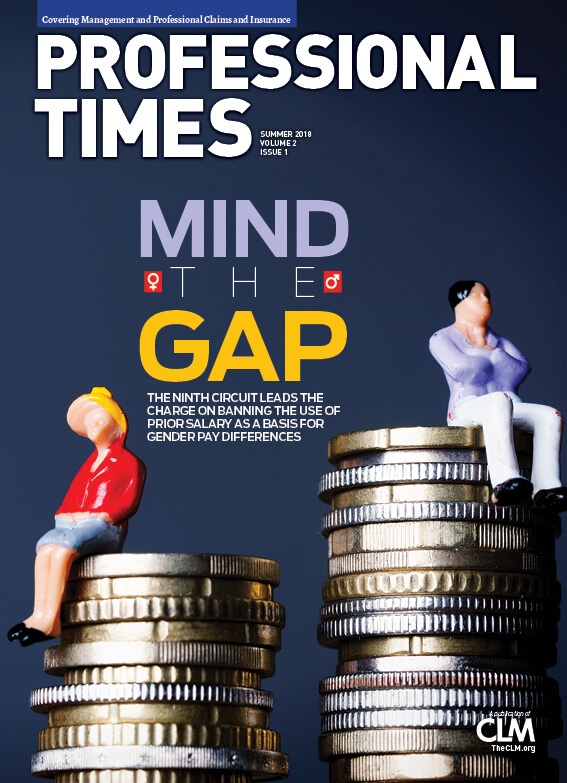In 2018, the California Supreme Court issued a ruling that drastically changed how California businesses classify their workers. When Dynamex Operations West, Inc. v. Superior Court of Los Angeles was decided, the Court held that there should be a three-prong test to determine whether a worker would be classified as an employee. 4 Cal.5th 903 (2018). This new ABC Test provided that the business has the burden to demonstrate a worker is not an employee by proving each of these elements: a) the worker is free from the control and direction of the business in connection with the performance of the work, b) the worker performs work that is outside the usual course of the business; and c) the worker is customarily engaged in an independently established trade, occupation, or business of the same nature as the work performed for the hiring entity. Why was this ruling so significant? Because many of the California businesses whose bottom line relies on being able to classify their workers as independent contractors are now being forced to shoulder the additional burden and costs associated with having employees.
In the wake of this decision, various industry groups, including the gig economies, have spent the better part of a year lobbying the California legislature to limit the ruling. As a result, the California State Assembly has passed a bill, known as AB5, to codify the Dynamex case as well as provide exemptions for certain industries. These industries include licensed insurance agents, certain licensed health care professionals, registered securities broker-dealers or investment advisers, direct sales salespeople, real estate licensees, workers providing hairstyling or barbering services, and those performing work under a contract for professional services. Professional services means services that either require an active license from the State of California and involve the practice of law, dentistry, architecture, engineering, or accounting, or require possession of an advanced degree that customarily involves a prolonged course of specialized intellectual instruction and study in the field of marketing or the administration of human resources from an accredited school, as distinguished from a general academic education. The bill is currently in the California State Senate, where it has already passed the Labor, Public Employment, and Retirement Committee. AB5 will likely be voted on and approved by the Senate at the end of the summer.
Notably, not excluded from this law are the notorious gig economy businesses, most popularly the rideshare companies Uber and Lyft and food delivery services such as Postmates, Instacart, and DoorDash. Without these exclusions, AB5 will significantly affect the way these businesses operate and impact those of us who rely on the convenience these app-based businesses provide. For example, Uber’s profit model depends on the money it saves from avoiding labor laws by classifying its drivers as independent contractors rather than employees. Uber is able to provide low-cost service to its consumers because it does not need to pay the overhead costs associated with overtime, benefits, Social Security, taxes, workers’ compensation, and additional wages. If AB5 passes as it is currently written, Uber’s bottom line will be threatened, and Uber will be forced to adapt by, presumably, passing those costs onto consumers or, more dramatically, by leaving California.
This bill is only being considered in California, so why should those businesses worry if there are 49 other unaffected states? Not only can this change in California law influence other states to follow suit, a large portion of the consumers of the gig economies reside in California. Second Measure, a technology company that looks at anonymized purchases to answer questions on consumer behavior, analyzed billions of credit and debit purchases to see how much of the major gig economy companies could be affected by AB5. The results show that California constitutes 17% of the business of Uber, 24% of Lyft’s, 41% of Postmates’, 19% of Instacart’s, and 27% of DoorDash’s, hardly insignificant amounts.
Although it’s difficult to say exactly how this bill will affect the gig economies and how that will ultimately affect the consumers, it is evident that AB5 will drastically change the business model of the gig economy in California. The companies, notably Uber and Lyft, argue that they cannot afford to re-classify their workers as employees, and the legislature and workers argue that those companies will just have to find a way to make their business models work under the new law. Either way, workers and consumers alike will be anxiously waiting by their smartphones to see what is next.





